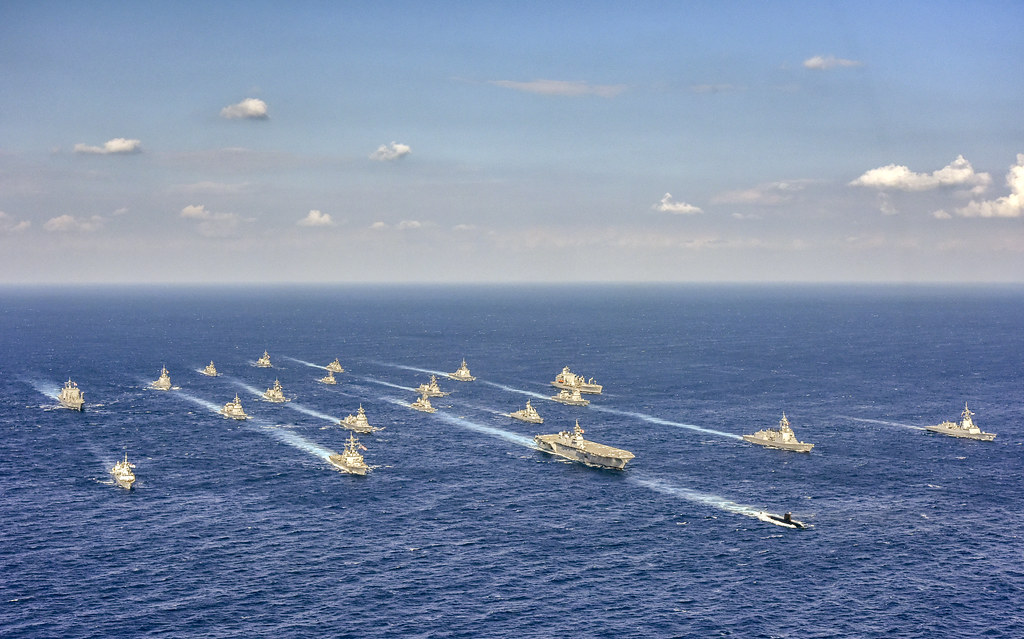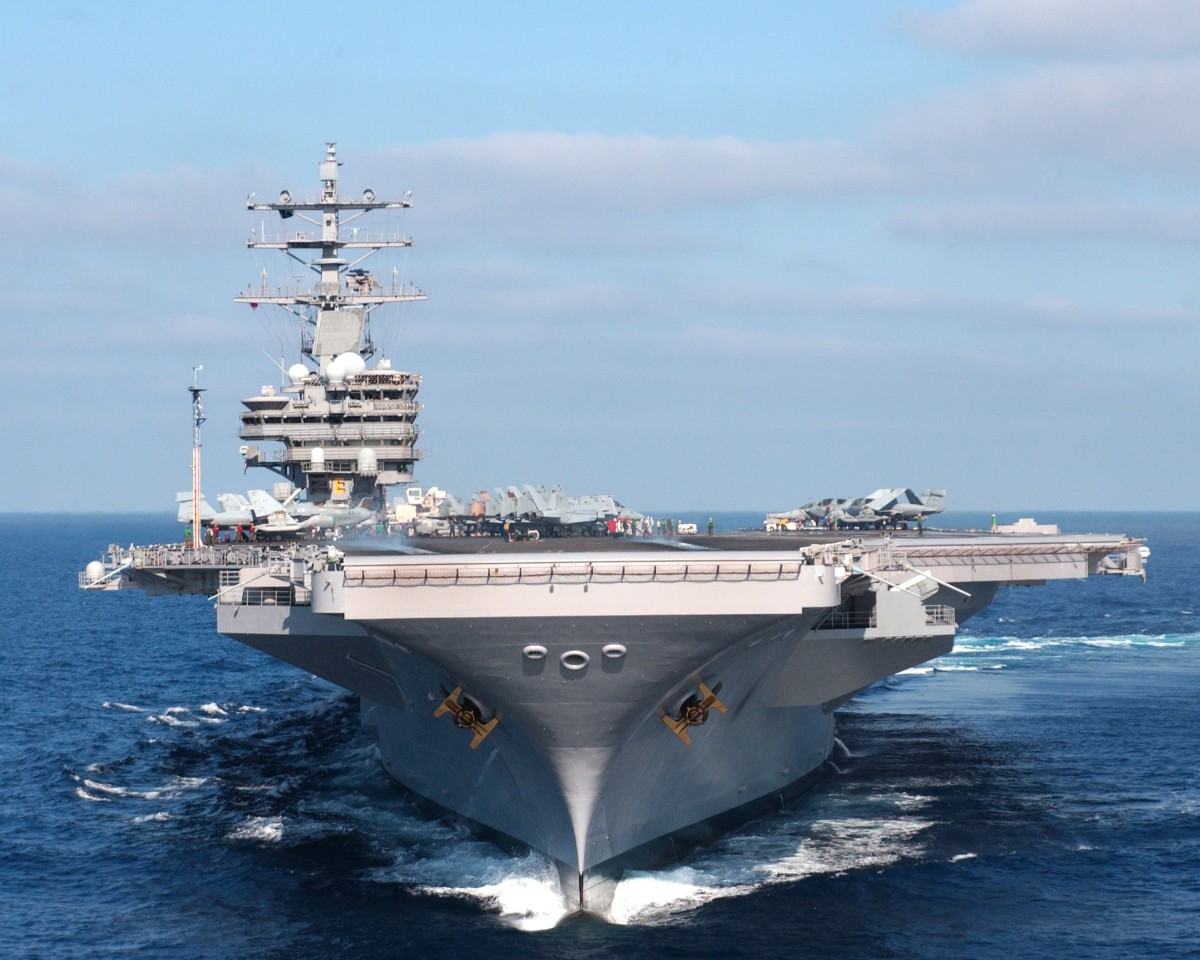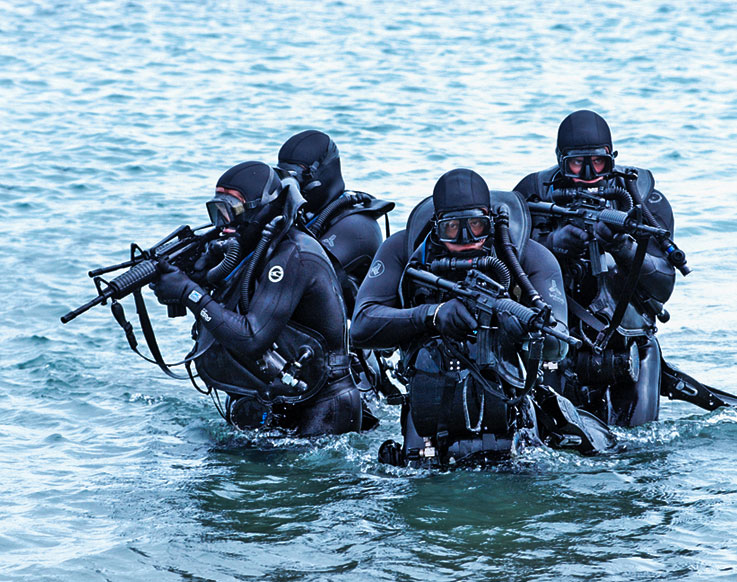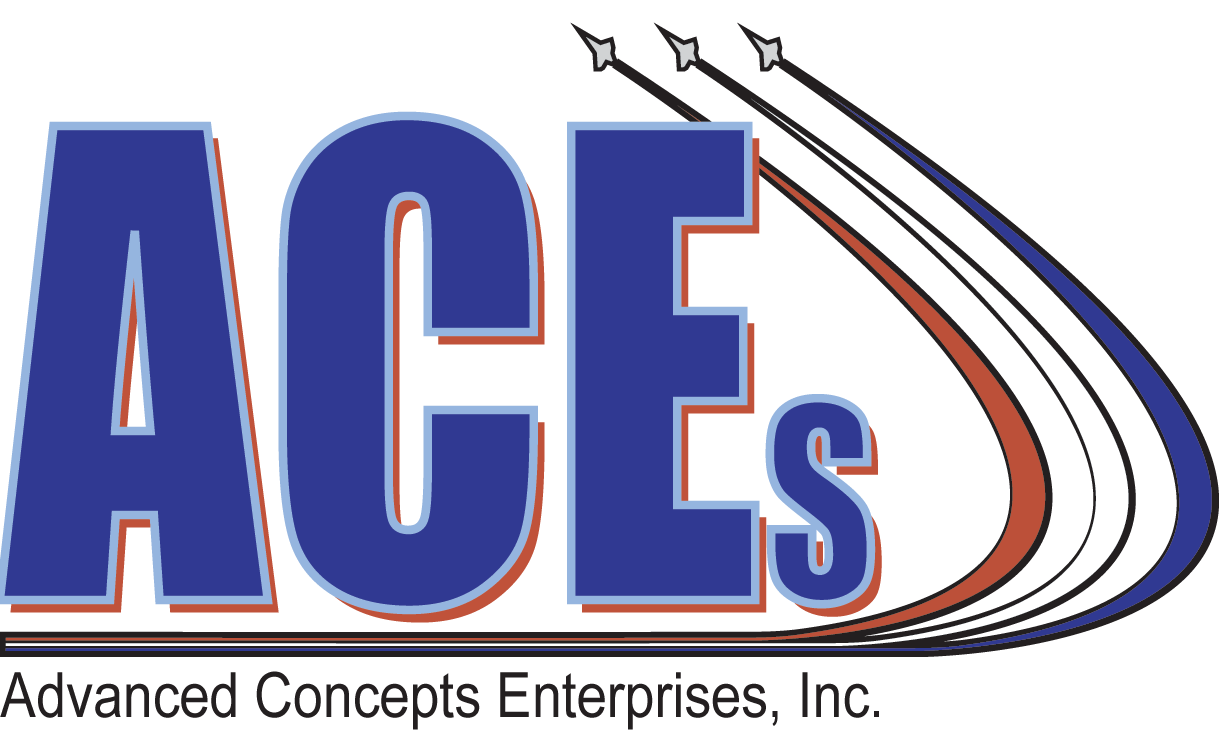seaPort Next Generation
SeaPort Next Generation (SeaPort-NXG)
15 Yacht Club Dr NE
Fort Walton Beach, FL 32548
Corporate Program Manager
Corporate Contracts Manager
Contract Administrator
Contract Information

Contract Number: N00178-19-D-7045
Authorized Users:
Naval Sea Systems Command (NAVSEA)
Naval Air Systems Command (NAVAIR)
Space and Naval Warfare Systems Command (SPAWAR)
Naval Supply Systems Command (NAVSUP)
Military Sealift Command
Strategic Systems Program (SSP)
Naval Facilities Engineering Command (NAVFAC)
Office of Naval Research
US Marine Corps
Program Ceiling: $30 Billion
Available Order Types: CPFF, CPIF, CPAF, FFP, FPIF
SeaPort-NXG Capabilities & Functional Areas Supported

Research and Development Support - development and application of scientific and analytical disciplines to conduct fundamental research; scientific study and experimentation directed toward advancing the state-of-the-art or increasing knowledge or understanding; concept formulation; assessment of system and subsystem requirements; development, analysis and evaluation of concepts, technologies, systems and subsystems; and development of operational concepts and tactics with the end goal being the application of results to developing new or improving existing warfighting capabilities. This effort may include manning, operating, and maintaining test support craft and experimental vessels in the open ocean or restricted waters to support tests.
Engineering, System Engineering and Process Engineering Support - application of engineering disciplines to technically support development of new and existing Naval capabilities and systems, technically support development of significant alterations to existing systems, support integration and interface of existing equipment or software into different applications or platforms to support the warfighter, and support evaluation of foreign or non-developmental systems, equipments, and technologies. This functional area also includes all support required within the area of environmental engineering of U. S. Navy weapon systems and base related infrastructure.
Modeling, Simulation, Stimulation, and Analysis Support - application of a standardized, rigorous, structured methodology to create and validate a physical, mathematical, or otherwise logical representation of a system, entity, phenomenon, or process. The functional area involves the use of models, including emulators, prototypes, simulators, and stimulators, either statically or over time, to develop data as a basis for making managerial, technical, strategic, or tactical decisions.
System Design Documentation and Technical Data Support - engineering effort required to prepare and assure that the detailed technical data documentation that is necessary to support system development reflects the latest design, configuration, integration, and installation concepts. Technical documentation may be in the form of paper, electronic (digital) or interactive computer systems.
Software Engineering, Development, Programming, and Network Support - engineering and scientific disciplines to perform technical analysis of, technically support development of or selection of hardware and computer software, or modification to existing hardware and software for systems, test facilities, or training facilities. This also consists of software engineering efforts and programming support required to technically support software implementation in systems, sub-systems, and components utilizing computers, electronics, and software. Planning, designing, coding, testing, integrating, supporting, and delivering algorithms, software (source code and executables), computer programs are the inherent activities of this functional area. Commercial Off-The-Shelf (COTS) solutions and product modifications (e.g., software tools, licensing, and associated hardware) which are incidental to the overall support service efforts are considered within the scope of this functional area. Generally, the software development processes used for software development under this contract shall be, as a minimum, assessed at Software Engineering Institute (SEI) Capability Maturity Model (CMM) Level 3 or equivalent, however the Government may specify other (either lower or higher) standards in individual task orders issued under the contract.
Reliability, Maintainability, and Availability (RM&A) Support - engineering, scientific, and analytical disciplines to ensure that systems and platforms RM&A requirements are integrated with the system design, development and life cycle sustainment resulting in warfighting capabilities that function effectively when required and that detection and correction of design deficiencies, weak parts, and workmanship defects that affect functionality are implemented.
Configuration Management (CM) Support - engineering and analytical disciplines to identify, document, and verify the functional, performance, and physical characteristics of systems, to control changes and non-conformance, and to track actual configurations of systems and platforms.
Information System (IS) Development, Information Assurance (IA), and Information Technology (IT) Support - information system software analysis, requirements definition, design, development, test, modification, installation, implementation, quality assurance, training, and documentation to meet the evolving data storage and reporting needs of programs and management. Analyze existing IT and IS databases, web sites, and IT applications and recommend new or improved interfaces and improved management tools that meet new management requirements, or improve management effectiveness and efficiency. Perform maintenance and technical support for Local Area Networks (LAN) and Wide Area Networks (WAN) that are outside the cognizance of the Navy Marine Corps Intranet (NMCI). Modify, implement and maintain web based information systems and links. Develop web-site structure, prepare documentation for population, implement and maintain web sites. Provide systems engineering and technical support for establishment, test, upgrade, and operational support of systems, networks, workstations and support equipment hardware and software that are outside the cognizance of NMCI. Conduct IA analyses, develop, recommend, and implement, monitor, update, and maintain, IA practices, procedures, equipment, algorithms, and hardware that are outside the cognizance of NMCI.
Interoperability, Test and Evaluation, Trials Support - engineering, scientific, and analytical disciplines necessary to ensure that developed platforms, systems, and warfighting capabilities have been properly tested and that joint interoperability requirements have been fully met at all levels of their life cycle.
Measurement Facilities, Range, and Instrumentation Support - engineering, analytical, and technician disciplines in the operation and support of measurement facilities, ranges and instrumentation used for testing, evaluating, experimenting, and exercising platforms and systems.
Logistics Support - engineering and analytical disciplines required to implement acquisition logistics as a multi-functional technical management discipline associated with the design, development, test, production, fielding, sustainment, and improvement modifications of cost effective systems that achieve the warfighters’ peacetime and wartime readiness requirements. The principal objectives of acquisition logistics are to ensure that support considerations are an integral part of the system’s design requirements, that the system can be cost effectively supported through its life-cycle, and that the infrastructure elements necessary to the initial fielding, operation and maintenance support of the system are identified and developed and acquired.
Supply and Provisioning Support - analytical and technical disciplines required to ensure that fielded warfighting capabilities are materially sustained. The principal objectives of this functional area are to ensure that material for operation and maintenance of warfighter systems is available when required, that materials are properly stored and transported, and inventories are managed in a cost effective manner to sustain supported systems.
Technical Training Support - engineering and analytical disciplines required to ensure that the warfighter and technical support community is provided with adequate instruction including applied exercises resulting in the attainment and retention of knowledge, skills, and attitudes regarding the platforms, systems, and warfighting capabilities they operate and maintain.
Professional Development and Training Support - organizational development and process improvement training activities. This functional area consists of information dissemination, as well as the development and facilitation of training for the Navy and Marine Corps workforce related to organizational development and process improvement initiatives. This includes efforts such as implementation of LEAN practices, implementation of National Security Personnel System (NSPS), Competency Alignment initiatives, and other workforce training efforts related to organizational development initiatives, process improvement initiatives and Human Capital Strategies.
Program Support - business, financial management, and technical disciplines required to support planning, organizing, staffing, controlling, and leading team efforts in managing acquisition programs such that the result places a capable and supportable system in the hands of the warfighter when and where it is needed, and does so at an affordable price. This functional area represents an integration of a complex system of differing but related functional disciplines that must work together to achieve program goals through development, production, deployment, operations, support, and disposal.
Clerical and Administrative Support - clerical and administrative support required for seamless operation of offices and support functions. This area also includes support of personal property management functions.
Analytical and Organizational Assessment Support - analytical and organizational assessment support functions, Human Capital Strategy processes and programs, organizational development efforts and organizational process improvement efforts.
Most Efficient Organization (MEO) Teaming Support Services (executed in compliance with Circular No. A-76 dated 29 May 2003) - organizational assessment, infrastructure assessment, financial management, process engineering, business as well as technical and non-technical disciplines to support development and implementation of the MEO. This functional area includes offering recommendations for technology infusion, capital investments, organizational structures, staffing and lean performance execution processes and metrics. In the event of an MEO selection/decision, this functional area includes providing accepted technology solutions, capital investments and staffing in accordance with the MEO through a follow-on contract action or option. This functional area will include conflict of interest clauses.
Public Affairs and Multimedia Support - support to Public Affairs organizations as it relates to strategic counsel, planning and execution of communication as a function of command goals and requirements for informing, and promoting the successes of the organization both to external and internal media. Public Affairs organizations oversee the development, implementation and execution of the command communication strategy, planning and tactics for enterprise and national-level initiatives across all target audiences. To accomplish this Public affairs organizations require specific contractor public affairs support including; speechwriting, multimedia documentation, development of strategic communication plans, support of the command exhibit program, exhibit planning/services/leasing of exhibit, photography support, design/layout of command publication to provide critical assistance in development of communication messages for the Navy. This area also includes support in the development of multimedia documentation to support Command communication goals; support for development of strategic communication plans to include metrics, technical writing services, message/brand development, visual media to include still, video and multimedia, and other public affairs services.
Quality Assurance

ACEs' Quality Management System (QMS) and Environmental Management System (EMS) ensure that all our processes and services are consistent with the highest quality and environmental standards. As part of our quality methods, we have developed tools for tracking company performance, continually improving our services, and ensuring the highest of customer satisfaction. As a result of ACEs' quality efforts, we have never received less than very good ratings on our Contractor Performance Assessment Reports.
ACEs tailors a detailed Quality Control Plan (QCP) for each of our products and services. These QCPs track 100% compliance with Performance Work Statement and contract requirements. ACEs maintains a deliverables tracking system to ensure 100% accurate and on-time deliverables for each of our customers. If QCP surveillance ever exposes weaknesses or potential weaknesses, ACEs' defined process improvement plan is activated. Weaknesses are delineated with involvement from the customer, solutions are developed and implemented and performance is revaluated. This process continues until all weaknesses are sufficiently mitigated.
